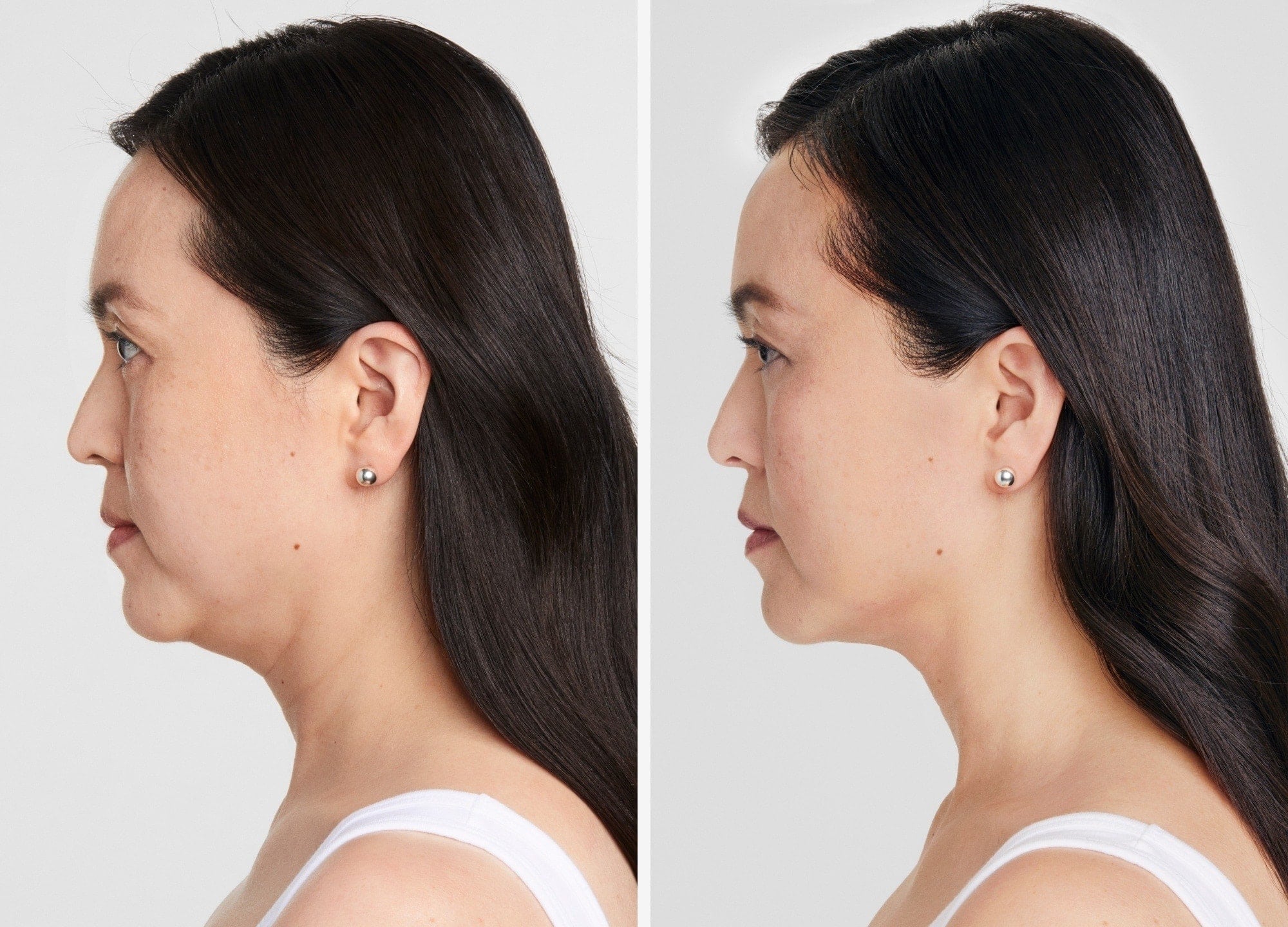Should you apply sunscreen every day?

Summertime means fun in the sun, but protecting your skin from its harmful rays is essential. Sunscreen is a must-have for any summer outing, but you may wonder if you need to wear sunscreen every day. The answer is yes – sunscreen should be part of your daily skincare routine. In this article, we’ll explain why SPF 50 sunscreen is a must-have for daily use and how it can help protect your skin from the sun’s harmful rays. Here’s why you need to apply sunscreen daily and some tips for how to do it.
The benefits of sunscreen
Most people know the importance of wearing sunscreen to protect their skin from the harmful effects of ultraviolet (UV) radiation. However, many people are still not using sunscreen regularly or not using it correctly. Wearing sunscreen can help to prevent sunburn, skin cancer, and premature aging. It is vital to choose a sunscreen with an SPF of at least 30 and to apply it generously.
Another benefit of sunscreen is that it can help to prevent sun tanning. Sun tanning is the process by which the skin changes colour in response to exposure to UV radiation. To prevent sun damage, the skin produces more melanin, a dark pigment that protects against UV rays. However, this process can lead to premature aging and skin cancer.
How to choose the right sunscreen for you
With the summer sun comes the need for sunscreen. But with all the different brands, SPFs, and styles, how does one choose the right sunscreen? The first step is to understand the difference between physical and chemical sunscreens. Physical works by physically blocking the sun’s rays with ingredients like zinc oxide and titanium dioxide, and chemical sunscreens work by absorbing the sun’s rays. Both types are effective, but some people prefer physical sunscreens because they don’t contain chemicals that can be irritating to the skin.
The next step is to determine your SPF needs. A higher SPF will provide more protection, but it is essential to remember that no sunscreen is 100% effective. Generally, an SPF of 30 is sufficient for most people; however, those with fair skin or sun sensitivity may need a higher SPF.
Finally, it is crucial to choose a water-resistant sunscreen with a broad-spectrum formula that will protect against both UVA and UVB rays. With so many options, finding the right sunscreen can seem daunting. However, by taking the time to understand your needs, you can find a sunscreen that will keep you protected all summer.
How to apply sunscreen correctly
Applying sunscreen is crucial in protecting your skin from the harmful effects of the sun. However, it is crucial to apply sunscreen correctly to be effective. Here are a few tips:
If you are spending time outdoors, apply sunscreen 15-30 minutes before you go outside. It will give the sunscreen time to absorb into your skin. Ensure to cover all exposed areas of skin, including your face, neck, ears, and hands. Use a generous amount of sunscreen, and ensure to reapply every 2 hours or more often if you are swimming or sweating.
Finally, remember always to store sunscreen in a cool, dry place. Heat and sunlight can degrade the effectiveness of sunscreen, so it is vital to keep it out of direct sunlight when not in use.
Sunscreen myths busted
Many myths about sunscreen circulate each year, making it difficult for people to know what information to believe. However, there are some critical facts about sunscreen that everyone should know. First, contrary to popular belief, sunscreen does not need to be reapplied every hour, and most sunscreens will protect for two to three hours before needing to be reapplied.
Second, while higher SPF ratings provide more protection from the sun’s UV rays, it is essential to remember that no sunscreen is 100% effective. It should be applied liberally and evenly to all exposed skin for optimal protection.
Finally, while sunscreen is essential to protecting your skin from the sun, it is not the only measure you should take. Seeking shade and wearing protective clothing are also effective ways to prevent sun damage. By being aware of these facts, you can ensure that you are taking the best care of your skin this summer.













